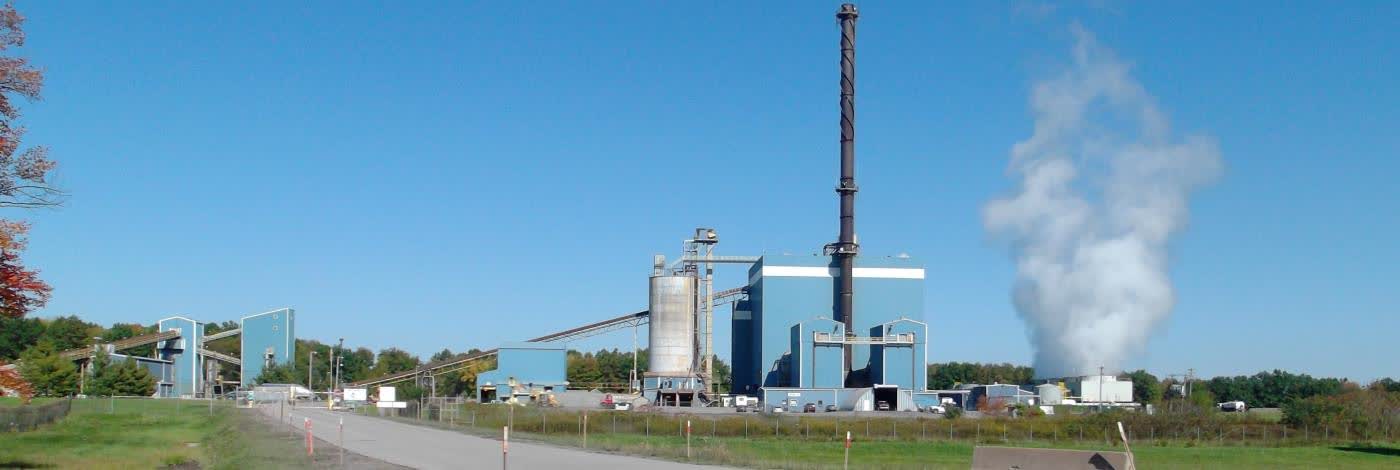What just happened? Crypto mining companies are continuing to find innovative solutions to power problems despite concerns regarding Bitcoin mining's immense power requirements and ecological impacts. A holding company in Pennsylvania recently purchased the financially challenged Scrubgrass power plant. The plant currently produces enough power for 1,800 Bitcoin miners, with output increases planned to support more than 20,000 miners by 2022.

Mining the top cryptocurrencies such as Bitcoin or Ethereum requires vast amounts of power. A single Bitcoin transaction, including the resources needed to mine the coin and to verify the transaction, can total upwards of 1,700 kilowatt hours (kWh). This ever-increasing power demand has forced large crypto mining outfits to leverage any available means to produce their power at the lowest possible cost. In some cases, this leads to mining operations literally taking power production into their own hands.
Stronghold Digital Mining in Kennerdell, Pennsylvania, has joined the ranks of those mining operations that have sought to solve their power delivery challenges themselves. Unlike those companies that leverage regional hydroelectric power or others leveraging energy credits and payments from their respective states, Stronghold recently purchased the Scrubgrass power plant in Venango County, Pennsylvania. According to Stronghold, who advertises their organization as an "environmentally beneficial and vertically integrated Bitcoin miner," the plant will burn Pennsylvania's waste coal to power on-site mining hardware located in shipping containers next to the plant. Waste coal is the residual material left over following coal mining operations; it can be particularly harmful to the environment by leaching metals such as aluminum, iron, and manganese into the soil and surrounding water sources.

Stronghold plans to claim and burn waste coal, then deliver the previously contaminated reclaimed land back to the state via the Pennsylvania Department of Environmental Protection (DEP). Current DEP statistics claim that so far, Stronghold has helped to reclaim more than 1,000 acres of Pennsylvania land. Despite the ability to burn the waste and minimize the threat of contamination, the waste coal still produces a significant amount of carbon dioxide. These types of emissions are an ongoing concern to environmental watchdog groups monitoring Bitcoin's energy and pollution footprint.
Unlike Ethereum mining, which utilizes traditional graphics processing units (GPUs), Bitcoin mining relies on specialized hardware known as application-specific integrated circuits (ASICs). While GPUs can be repurposed for anything from mining other algorithms to performing their intended rendering tasks, Bitcoin ASICs are purpose-built devices designed solely to provide the hash power required to mine against Bitcoin's SHA-256 algorithm.
Image credit: Coal plant from Rice University, Scrubgrass plant from bitcoin.com
https://www.techspot.com/news/91430-bitcoin-mining-company-buys-pennsylvania-power-plant-meet.html